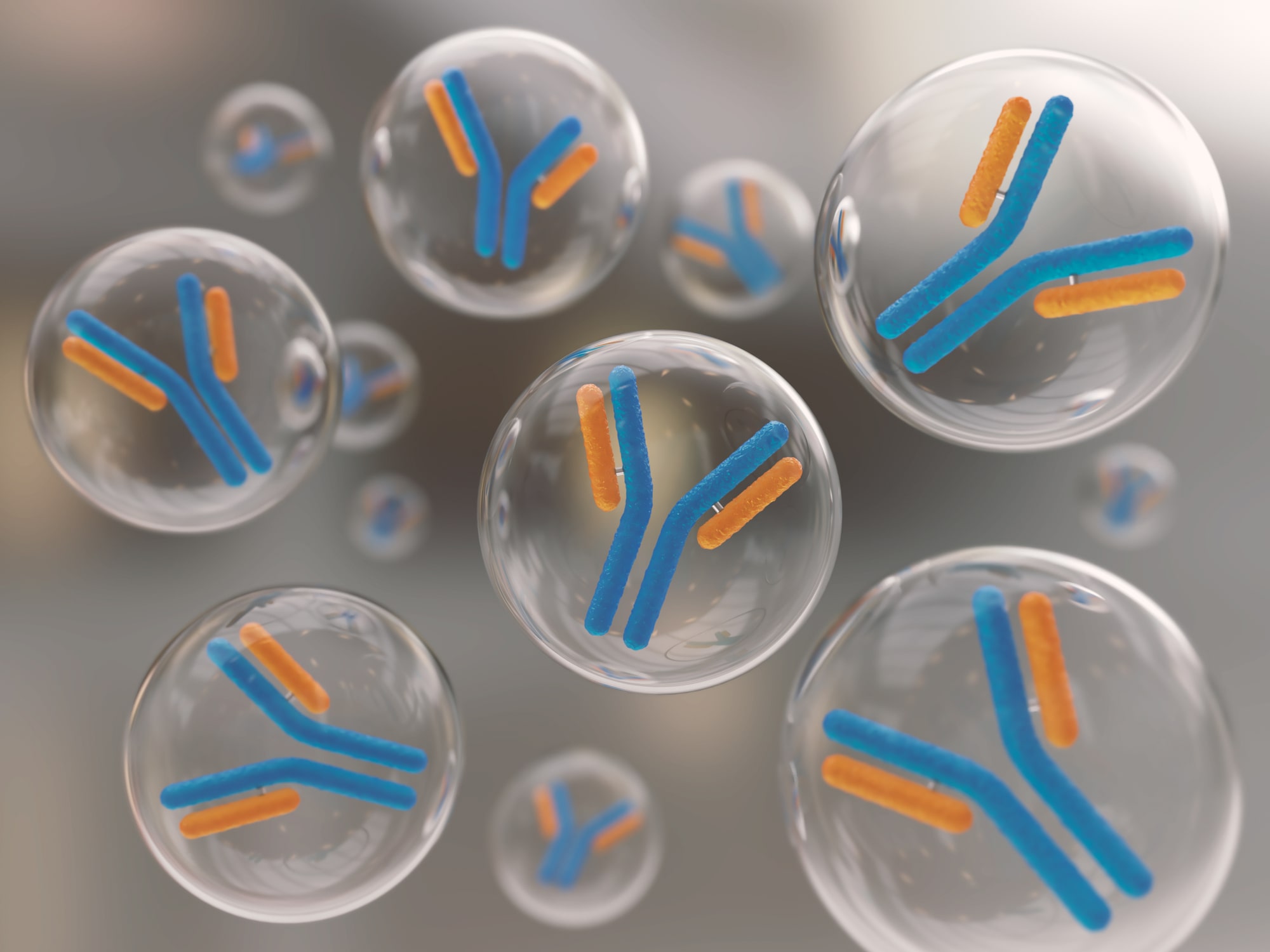The term "antibody production" has both general and specific meanings. In a broad sense, it refers to the entire process of producing useful specific antibodies, including the steps of immunogen preparation, immunization, hybridoma generation, collection, screening, isotyping, purification, and labeling for direct use in specific procedures.
In a more limited sense, antibody production refers to the steps leading to antibody production but does not include various forms of purification and labeling of antibodies for specific applications. You can also check out the various Boster Bio featured products to get the best antibody products online.
Antibody production involves the preparation of antigen samples and their safe injection into laboratory or farm animals to induce high levels of antigen-specific antibody expression in serum, which can then be obtained from animals. Polyclonal antibodies are extracted directly from the serum (bleeding).

Image Source: Google
Monoclonal antibodies were produced by combining antibody-secreting spleen cells from immunized mice with immortalized myeloma cells to generate a monoclonal hybridoma cell line expressing specific antibodies in cell culture supernatants.
Successful antibody production depends on careful planning and implementation around several key steps and considerations:
• Synthesis or purification of target antigens (eg peptides or haptens)
• Select the appropriate immunogenic carrier protein
• Conjugate antigens and carrier proteins to make immunogen
• Immunize animals using appropriate schedules and supplementary formulas
• Screening serum (or hybridoma) for antibody titers and isotypes
Share this post: on Facebook on Google+